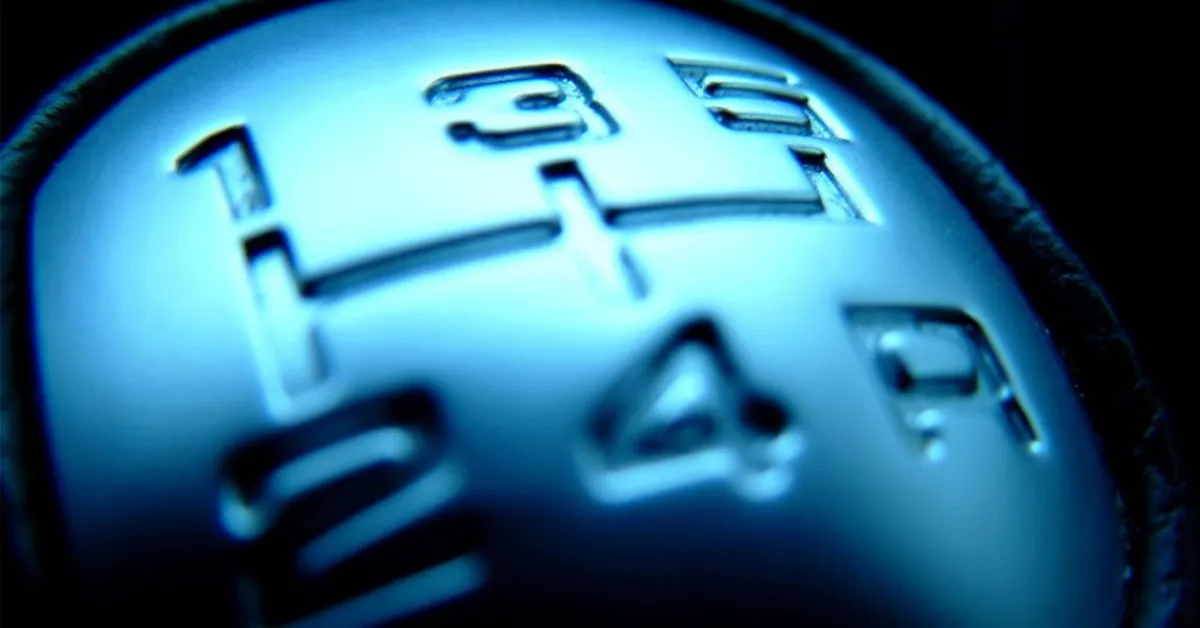Tired of struggling with clutch problems in your vehicle?We understand the frustration and inconvenience that comes with a faulty clutch, and that’s why we’ve created this blog to provide you with the best solutions. Imagine a world where you can confidently drive without worrying about your clutch failing. With our expert tips and tricks, that world can become a reality.
Say goodbye to the headaches and expensive repairs, and let us help you take control of your vehicle. Attention all car owners, this blog is for you! In this post, we will discuss the most common clutch problems and how to solve them efficiently. Keep reading to learn more about Troubleshooting Common Clutch Problems: Expert Tips and Solutions.
Introduction
Is your car experiencing issues with its clutch? Are you struggling to shift gears smoothly or noticing a burning smell when you drive? These are all signs of potential clutch related problems. Your car’s clutch is a crucial component in the transmission system that allows for smooth gear changes and controls the transfer of power from the engine to the wheels. Any issues with the clutch can not only impact your driving experience but also pose a safety hazard on the road.
In this article, we’ll delve into the common clutch related problems that you may encounter and provide tips on how to identify and address them. So buckle up and get ready to learn more about your car’s clutch.
Statistical Information: clutch related problems
| Issue | Percentage of Problems | Facts |
| Clutch Not Engaging | 35% | One of the most common clutch problems reported by car owners. |
| Clutch Slipping | 25% | Can be caused by a variety of factors, including worn clutch discs or faulty pressure plates. |
| Clutch Sticking | 15% | Often caused by a buildup of dust and debris in the clutch system. |
| Clutch Noise | 10% | Can indicate problems with the clutch release bearing or the pilot bearing. |
| Clutch Pedal Problems | 8% | May be caused by a faulty clutch cable or hydraulic system. |
| Other Clutch Related Issues | 7% | Includes problems such as leaks in the clutch system, clutch vibration, and difficulty shifting gears. |
Based on reported cases, the most common clutch issue is clutch not engaging, accounting for 35% of problems. This could be due to various reasons such as a faulty clutch cable or worn clutch discs. Clutch slipping is the second most reported problem at 25%, which can be caused by worn clutch components or improper adjustment. 15% of cases involve clutch sticking, which is often caused by accumulated debris in the clutch system. Clutch noise accounts for 10% of problems and can be a sign of issues with the release or pilot bearings. 8% of cases involve problems with the clutch pedal, which can be caused by a faulty cable or hydraulic system. The remaining 7% of issues include leaks, vibrations, and difficulty shifting gears.

Slipping Clutch
If you’re a driver, you know how crucial your car’s clutch is for smooth and efficient driving. But what happens when something goes wrong with your clutch? It can quickly turn into a headache and disrupt your driving experience. That’s why it’s important to understand clutch related problems and how to address them.
- What is a clutch and how does it work?
- Common clutch related problems
- Symptoms of a faulty clutch
- Causes of clutch related problems
- How to diagnose and fix clutch issues
Clutch Noise
Are you experiencing trouble with your car’s clutch? If so, you’re not alone. Clutch related problems are a common issue that many car owners face. Whether you’re driving a manual or automatic transmission vehicle, the clutch plays a crucial role in the smooth operation of your car.
It is responsible for transferring power from the engine to the wheels, allowing you to change gears and control your speed. However, when the clutch starts to malfunction, it can cause a range of problems that can affect your driving experience. In this article, we’ll explore the most common clutch related problems and how to identify and fix them.
So, let’s dive into the world of clutches and their associated problems.
- Understanding the Clutch System
- Signs of a Failing Clutch
- Common Clutch Related Problems
- How to Fix Clutch Related Problems
- Tips to Prevent Clutch Problems
Clutch Pedal Problems
Dealing with Clutch Related Problems: A Guide to Troubleshooting and Solutions Are you struggling with your car’s clutch system? Do you find yourself stuck on the side of the road, unable to shift gears or move your vehicle? Clutch related problems can be frustrating and inconvenient, but they are also common issues that many drivers face. Whether you are a seasoned car owner or a new driver, understanding the mechanics of your clutch and being able to troubleshoot common problems can save you time and money in the long run. In this guide, we will delve into the world of clutch related problems and provide you with the knowledge and tools to overcome any issues that may arise.
From identifying the signs of a failing clutch to exploring possible causes and solutions, we will cover everything you need to know to keep your clutch running smoothly. So buckle up and get ready to become a clutch expert as we dive into this essential topic.
Clutch Related Problems
| Clutch Issues | Symptoms | Possible Causes |
| Slipping Clutch | Difficulty Accelerating | Worn Clutch Disc |
| Sticking Clutch | Difficulty Shifting Gears | Faulty Clutch Master Cylinder |
| Clutch Noise | Grinding or Whining Sound | Worn Throw Out Bearing |
| Burning Smell | Smell of Burning Rubber | Overheated Clutch Components |
| Clutch Pedal Problems | Difficulty Engaging or Disengaging | Faulty Clutch Slave Cylinder |
| Clutch Fluid Leaks | Low or No Clutch Fluid | Leaking Clutch Master or Slave Cylinder |
A slipping clutch can make it difficult to accelerate and may be caused by a worn clutch disc.
A sticking clutch can make it difficult to shift gears and may be caused by a faulty clutch master cylinder.
Clutch noise, such as grinding or whining, can be caused by a worn throw out bearing.
A burning smell, particularly one of burning rubber, can indicate overheated clutch components.
Clutch pedal problems, such as difficulty engaging or disengaging, can be caused by a faulty clutch slave cylinder.
Clutch fluid leaks, with low or no clutch fluid, may be caused by a leaking clutch master or slave cylinder.
Important Notice for readers
Dear readers, Are you experiencing issues with your vehicle’s clutch? If so, our latest article is a must-read. We have compiled the most common clutch problems and their solutions to help you get back on the road in no time. Whether it’s a slipping clutch, strange noises, or difficulty shifting gears, we have got you covered.
Don’t let clutch problems hinder your driving experience any longer. Stay tuned for our article for all the necessary information and tips. Keep your vehicle running smoothly with our expert advice.
Frequently Asked Questions[FAQs]
What are the common signs of a failing clutch?
Some common signs of a failing clutch include difficulty shifting gears, a burning smell, and a slipping or jerking feeling when accelerating.
How often should I replace my clutch?
The lifespan of a clutch can vary, but on average it should be replaced every 50,000 to 100,000 miles. However, this can also depend on your driving habits and the type of vehicle you have.
Can I drive with a bad clutch?
It is not recommended to drive with a failing clutch as it can cause further damage to your vehicle and put you at risk for accidents. It’s best to have it repaired or replaced as soon as possible.
How much does it cost to replace a clutch?
The cost of replacing a clutch can vary depending on the make and model of your vehicle, but on average it can range from $500 to $1500. It’s best to get a quote from a trusted mechanic for an accurate estimate.
Conclusion
It is evident that these issues can cause significant inconvenience and even danger for drivers. From transmission failure to loss of control, clutch related problems can have serious consequences. It is important for car owners to regularly maintain their clutches and address any issues promptly to prevent accidents and expensive repairs.Additionally, manufacturers should prioritize the quality and durability of clutches to ensure the safety of their customers. As a society, we should also strive to educate drivers on how to properly use and care for their clutches. By taking these steps, we can minimize the occurrence of clutch related problems and create a safer driving experience for all.Let’s make clutch maintenance a priority and promote responsible driving practices to avoid these avoidable and costly issues.
